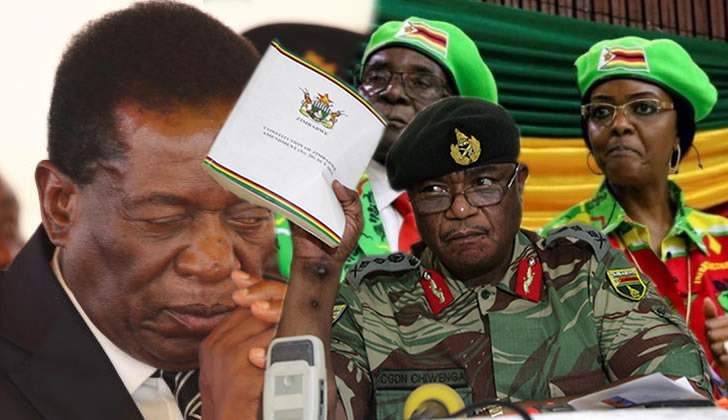
The last five years have witnessed the resurgence of military coups in the African continent with almost all governments vulnerable to ‘military intervention’. There is a strong connection between poor governance and the methods of attaining power. Governments which come through military coups hardly deliver much to the fulfilment of majority of citizens’ expectations and aspirations.
By Tanatswa Taibu and Vannesa Chitsonga
Although military coups occur from time to time in the continent, paradoxically the African Charter and the Lome Declaration of 2000 clearly prohibit the unconstitutional change of governments. The conventions clearly identify military coups as one of the unconstitutional changes of government and prohibit any intervention of the military in the governance of the states. Despite having all statutes and legislative framework in place, Africa surprisingly remains riddled with the problematic government takeover through military coups.
The transfer of power through elections is considered to be the cardinal virtue of constitutionalism, explaining why conventions such as the Lome Declaration insist on entrenchment of democracy and conducting of periodic polls.
In other words, there is no place for a military takeover in any democracy.
In addition, the African Union Peace and Security Council in 2014 noted that military coups are caused by deficiencies in governance. The AUPSC states that these deficiencies result from greed, selfishness and the mismanagement of resources by respectable personnel in authority.
Unwillingness to accept defeat, corruption, human rights violation, marginalization and manipulation of constitutions are all exploited by military personnel in justifying their takeover of government.
Military takeover usually result in resource plunder, self-enrichment and massive corruption simply because even the military personnel who take over power through coups know in their right senses that it is a project and it will not last.
Racing against time results in a scramble for resource plunder and pillage by those that are supposed to guard them jealously to enable prosperity of the country.
When citizens register discontent through protests and demonstrations, they are usually met with heavy handedness as a way of silencing them.
There has been a systematic record of governance deficit after a military coup has taken place all over Africa for the last five years.
In Zimbabwe, the military ouster of long-time leader Robert Mugabe resulted in the continuity rather than change of the same episodes of poor governance, erosion of rule of law, corruption, nepotism and neo-patrimonialism.
This is despite the post Mugabe government calling itself a Second Republic with Mugabe’s successor President Emmerson Mnangagwa declaring that Zimbabwe was now open for business.
Barely a year after taking over power, on August 1 2018, the army was unleashed on protestors alleging electoral theft in Harare resulting in the shooting of six civilians.
Similar episodes have continued resulting in allegations of rape, torture and abductions of civilians by state security agents.
In Sudan, the transition that was promised after the ouster of long time leader AL Bashir has not resulted in the much needed change.
The promises outlined by the army vis-à-vis what is on the ground does not tally. Corruption still take place, extra judicial killings, selective application of the law and poor economic performance. The sad tales of Libya prove all and sundry that a country does not get fixed simply by the removal of a tyrant presiding over it. Ten years after the ouster of Libyan leader Muamur Gadaffi, Libyans have not known peace and majority still have nostalgia of the reign of Gaddafi.
In such circumstances, the endurance legacy of military coups will remain and the old adage that the army has no business in politics is vindicated.
Tanatswa and Vannesa are students of International Relations at Africa University








